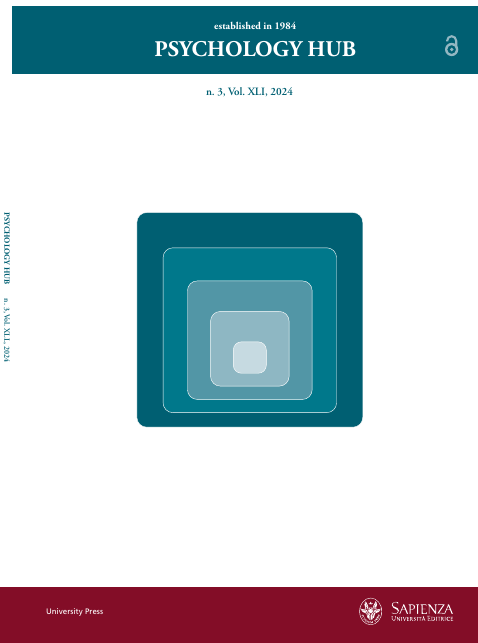Psychometric properties of the 28-item General Health Scale (GHQ-28). Analysis from the Classical Test and Item Response Theories in Ecuadorian university students
DOI:
https://doi.org/10.13133/2724-2943/18460Keywords:
internal consistency, difficulty, discrimination, equivalence of measure, factorial validity, mental healthAbstract
Background: Monitoring mental health in the university population is essential to be able to meet the demands and needs of this segment. For this, it is essential to have properly calibrated instruments to adequately describe reality and generate adequate decision making. That is why the objective of the study is to confirm factorial invariance by sex, internal consistency according to Classical Test Theory (CTT), and discrimination and difficulty according to Item Response Theory (IRT) for the 28-item General Health Questionnaire (GHQ- 28) in university students in Ecuador. Participants and procedure: A descriptive and instrumental design of the GHQ-28 from a bi-factor model was used with 476 participants, of whom 61.5% were women and 38.5% men, aged 17 to 47 years (M= 21.2; SD= 3.7), from 34 higher education centers in Ecuador. Results: The factorial validity of the GHQ-28 was confirmed based on a bi-factor model. In addition, it showed measurement invariance across sex of the participants. The factors and global assesment show high internal consistency according to the CTT. The items of the scale present adequate discrimination and difficulty based on IRT. Conclusion: The GHQ-28 is a valid test that can be applied to a university population in Ecuador. The scale is essentially unidimensional in its evaluation of psychological distress.
Additional Files
Published
How to Cite
Issue
Section
License
Copyright (c) 2024 Psychology Hub

This work is licensed under a Creative Commons Attribution-NonCommercial-ShareAlike 4.0 International License.





